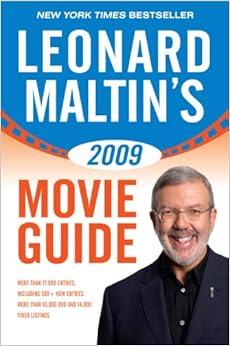Then by all means read this article from the normally very humorous Cracked.com, 3 Artists Who Got Screwed For Creating Iconic Characters:
http://www.cracked.com/blog/3-famous-characters-whose-creators-got-epically-screwed/
Though familiar with most of the creators described, I wasn’t aware of the Dwayne “The Rock” Hercules film being based on the writings of Steve Moore, though it doesn’t at all surprise me that like the other creators listed, he got nothing for his creative work when his work was translated into a film.
One thing that remains a certainty regarding all this: It’s all about the money.
When I first started getting into comic books in the very early 1970’s and over the years afterwards, one of the joys of reading books was the introduction of new, interesting (and sometimes not so interesting) characters. They could be heroes or villains, civilians or aliens or something in between. These new characters appeared in established books, often as co-stars or potential new rivals. Sometimes the companies publishing the works felt strongly enough about the new character(s) that they merited their own book.
While many of those creations didn’t “click” with audiences either right away or at all, there were those that rose to starring roles. Some, like Rocket Raccoon in the motion picture Guardians of the Galaxy, were essentially forgotten for decades before becoming popular.
Things changed in the mid to late 1980’s and into the 1990’s. At that time comic book sales were very strong (though not as strong as in the Golden Age of the 1940’s) and some artists and writers made huge amounts of money from their works. But at about that same time fans and creators alike realized many of the creators from the past, perhaps most notably Jerry Siegel and Joe Shuster (the creators of Superman) and Jack Kirby (the creator/co-creator of almost everything Marvel), were shafted. Despite companies making buckets of cash off their creations, these creators wound up receiving next to nothing.
At about that time, and with that realization, I noticed that “new” characters didn’t appear in comic books with the frequency they had before. Sure, books kept being released, but the stories were more recycled and hardly ever featured new and interesting characters. Because of the success of the Independent market, some big and not so big name authors and artists chose to release original stories featuring new creations that way, ensuring they retained control over their creative works.
Nonetheless, both Marvel and DC comics has benefited from, quite literally, over a half-century of creative works that were remained under their control. And, in the case of the already mentioned Rocket Raccoon, this was a boon to Disney/Marvel…while Bill Mantlo, the creator of the character, was entitled to nothing.
But there is an interesting flip side to this particular coin. If the studios can get away with using creations by (to the general public) unknown creators, they will also not hesitate in using the name of a “well known” creator to promote a work…if it helps create more exposure and money.
Witness the SyFy Network TV show Haven. While not on the level with, say The Prisoner (one of my all time favorite TV shows), Haven is to me a very entertaining show featuring a scenic town and the oddball things that happen within it. The leads are charismatic, the stories interesting, and I catch it whenever new episodes air.
Oh, and by the way, the show is “based on” The Colorado Kid, a novel by Stephen King. What has the TV show to do with the novel?
Just about nothing.
In fact, other than a couple of characters work in the small town’s newspaper and something happened a few years before, there isn’t all that much resemblance between King’s novel and the TV show, yet it would be crazy for the producers of the show not to mention now and again the fact that the show is “based on” the King novel.
In the end, its all about money, right?







